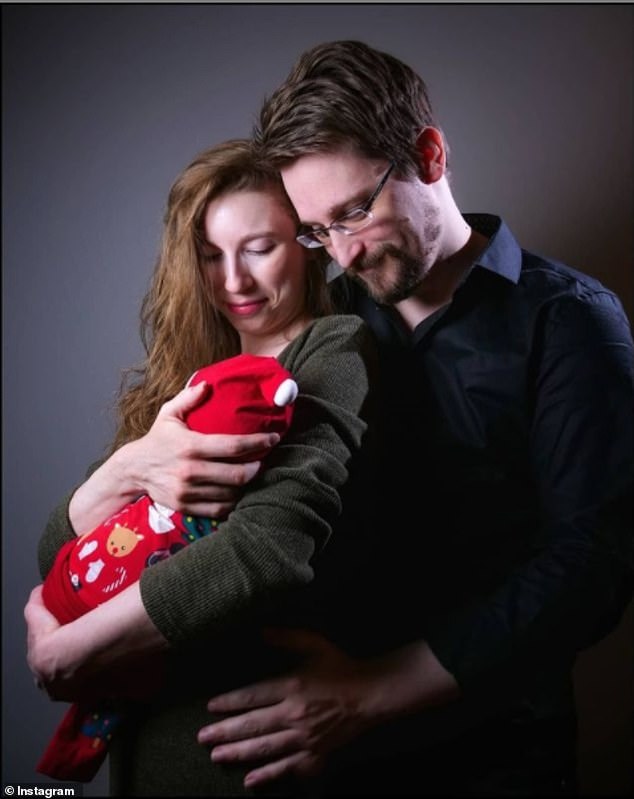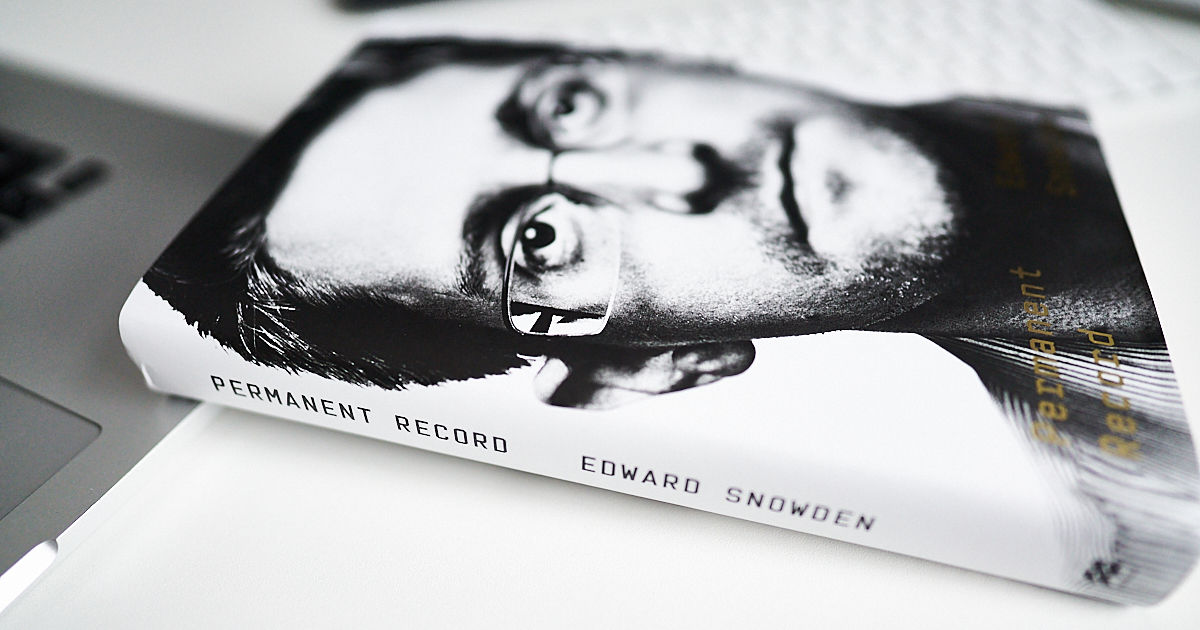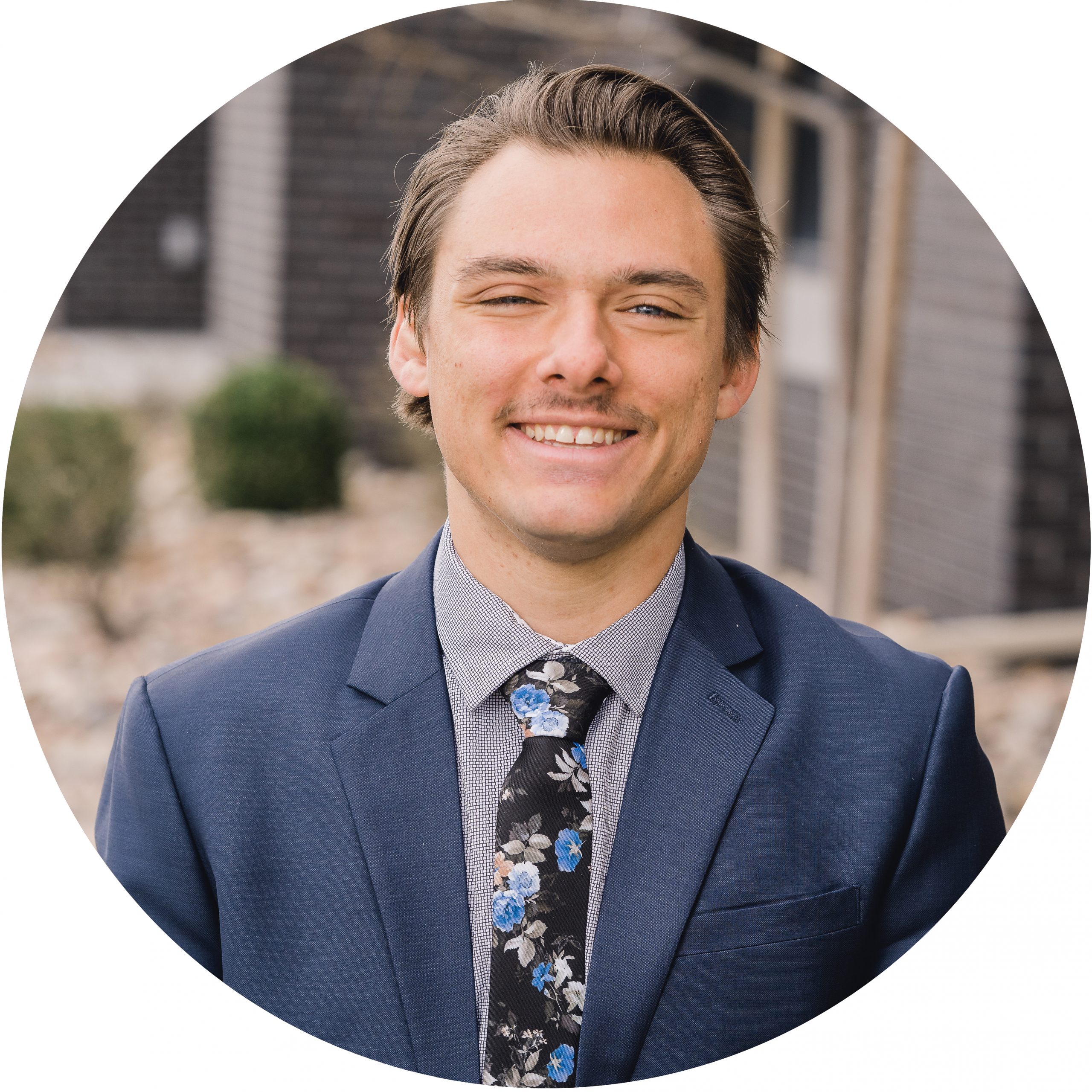“If you’ve done nothing wrong, you should have nothing to hide.”
This is a very common phrase that comes up in conversations about surveillance. It’s an idea popular among some law enforcement and government officials who claim criminal activity is the only thing that needs to be hidden. Ironically though, if you ask any of those same people to hand over all of their accounts and passwords, they’ll quickly tell you, “No.” Furthermore, anyone who claims they have nothing to hide is probably unaware of how much information their online data reveals about them. Fortunately, there was an entire documentary made to address this titled, Nothing To Hide.

In the film, they conduct a surveillance experiment where two data analysts track someone called Mr. X using only metadata — data about your online activity like length phone calls, who you messaged and when, where you’ve been, or the websites you visit. After five weeks of tracking Mr. X, the data analysts sat him down and presented everything they learned about him in that short time, which amounted to a lot. They presented so much that Mr. X, who originally told the film team he “had nothing to hide,” became incredibly disturbed by how much these strangers knew about him. You can watch the scene here.
There’s still another aspect of “nothing to hide” that needs to be addressed: the fatigue that comes from surveillance harassment. This is something few know better than Lindsay Mills, the wife of Edward Snowden. After her then boyfriend went public, Lindsay was immediately placed under constant, 24/7 surveillance by the FBI.

Thanks to a selection of diary entries she allowed to be published in Snowden’s autobiography Permanent Record, readers can read firsthand accounts of what an innocent person will be put through if targeted by the intelligence community:
“Exhausting interrogations where they treat me like I’m guilty and follow me everywhere, but what’s worse is that they’ve broken my routine. Usually I’d tear off into the woods and shoot or write, but now I have a surveillance team audience wherever I go. It’s like by taking away my energy and time and desire to write, they took away the last little bit of privacy I had…
…First they had me bring in my laptop and copied the hard drive…Then they had copies of all my emails and chats printed out, and they were reading me things I wrote to Ed and things Ed wrote to me and demanding I explain them…
…They were asking questions to try to emotionally exhaust me so that when we returned to “the timeline,” my answers would change. They won’t accept I know nothing. But still, we keep returning to “the timeline,” now with transcripts of all my emails and chats and my online calendar printed out in front of us.“

Imagine how you would feel knowing someone was snooping through all of your personal belongings: journals, computers, phones, photo albums, etc. Then imagine they could also access all of the data about your life such as your travel routes, meal subscriptions, home temperature settings, cameras, and calendar events and were able to learn everything about you.
The reality is that we all have things to hide, not because we’re guilty of any crime, but rather because there are parts of our lives — whether intimate or embarrassing — we prefer to keep private. That’s where the importance of the Fourth Amendment comes in: protection from unreasonable searches and seizures by the government. These protections should be applied equally to our digital lives as much as to our physical lives.





